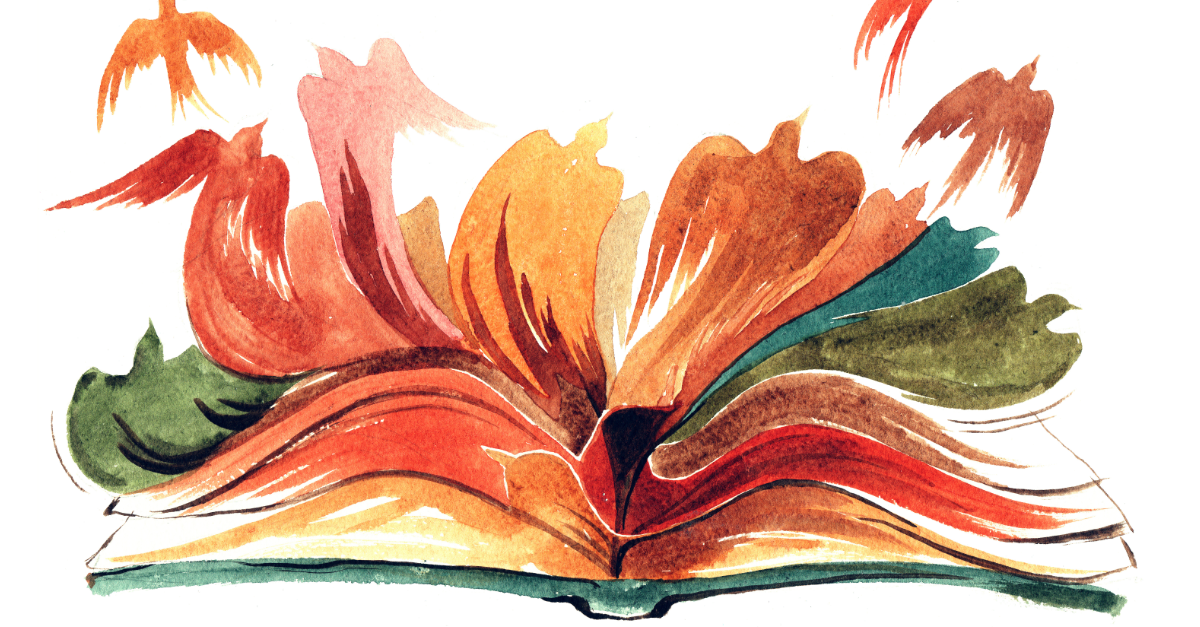Last Updated on February 16, 2019 by
At the end of sophomore year in college, I punched in my biology and chemistry grades on a calculator and noted my so-so science GPA. Fortunately, my humanities and social science grades brought up my cumulative GPA to an okay level. Still I wondered, would my non-science education be of any use in my future medical practice?
The answer was a resounding yes. During my third year medical school, my residents and attendings wanted to see whether I could collect information and present it effectively. Easier said than done. This meant talking with and examining patients for 15 minutes, then crunching the info to figure out what was going on and giving an extemporaneous two-minute presentation to explain my thought process. To accomplish this task, the knowledge that I used the most wasn’t from my science courses.
Instead, the most useful information was from the language and humanities courses that I’d taken for my electives or for my enjoyment. Through my Spanish courses, I was able to talk with a large segment of my patients and their families. My anthropology education pushed me to leave my biases at the door to make honest efforts to understand patients’ diverse perspectives. I even drew upon my stint in debate club to present my thoughts in front of my attendings while trying to exude a sense of confidence.
Whether I was correct was beside the point. My evaluators wanted to see me develop a framework for medical reasoning, which I showed by applying the knowledge from my humanities and liberal arts education.
I now advise premed students to immerse themselves in non-science courses to build a rich foundation for human understanding. Reaching out to other medical students, I realized that I was not the only person who thought this way, and many of my peers talked fondly of non-science courses that were invaluable during their medical training.
The Arts
Examining a patient requires a keen use of vision, hearing, and touch, and some physical signs can help physicians narrow down the list of diseases, making observation a vital part of the art of diagnosis. Judith Pelpola, third-year M.D. student at Stanford School of Medicine, stated, “more than any science course I took as an undergraduate, it has been my courses in art history that have proven to be the most useful. Taking art history courses honed my skills in observation, helping me appreciate how the smallest details can have the greatest significance.”
Philosophy
Medicine depends largely on reasoning and rhetoric. After examining your patient, you have to communicate a large volume of information to your team and make sense of what matters and how different symptoms relate to each other–if they do at all. According to Nonie Arora, a fourth-year student at the University of Michigan Medical School, “Presenting on hospital rounds reminds me of defending arguments in my college philosophy course. Generating a differential diagnosis and then recommending an assessment and plan isn’t so different from choosing a position on an ethics topic and defending a point of view. When I studied Science, Ethics, and Society for a summer in Oxford, I didn’t realize how often I would be drawing on those skills.”
English and Writing
After deciding on the differential and the appropriate treatment, the end of a clinical or hospital visit is about educating your patients of their conditions and how to address it as a patient-physician team. Physicians need to communicate complex subjects in a way that the patient will understand.
According to Erik Faber, a fourth-year M.D.-Ph.D. candidate at the University of Minnesota, “Illness is as much a social phenomenon as much as it a biological one. I think there is an increasing awareness that the days of distant, antisocial healthcare providers are coming to an end. I have found that the time I spent in college English and humanities classes improving my overall communication skills was much more valuable than any time I spent in biology class when it comes to performing a doctor’s primarily role: talking to patients and their families.”
These are but a few examples of how a rich, humanistic education beyond scientific subjects helps us to be good medical students and practitioners. In this sense, our premed requirements are heading in the right direction. Many school-specific prerequisites already require two quarters/semesters of English and Writing, and psychology and sociology have become de facto mandatory part of the premedical curriculum due to the recent set of subject additions to the MCAT.
According to Shanika, an education in the humanities “help us understand what drives us as people, highlighting our most important values, which is important for a humanistic approach to medicine.”

Physics and metaphysics.